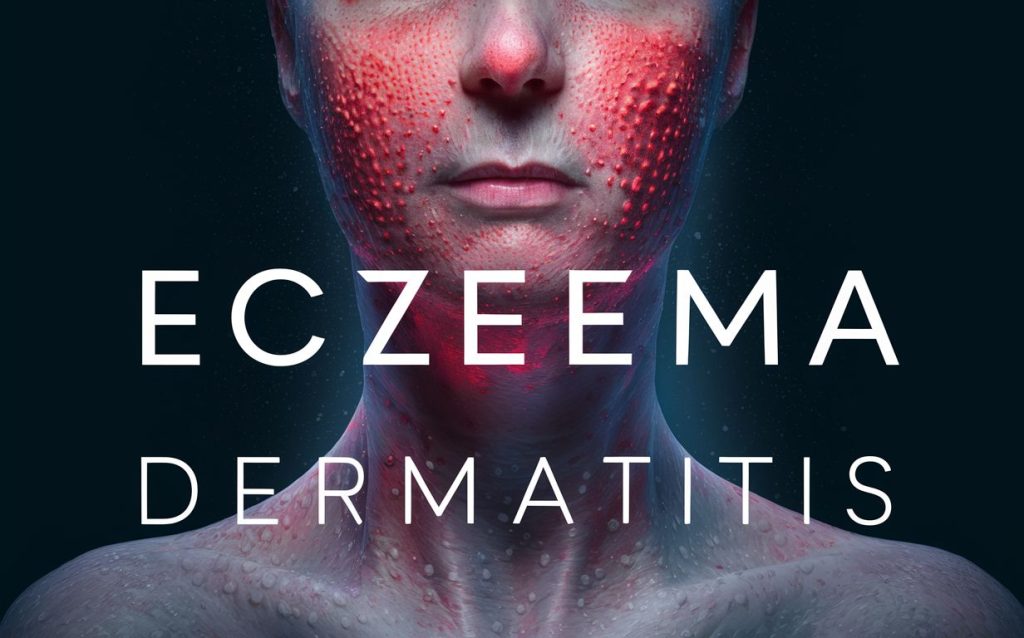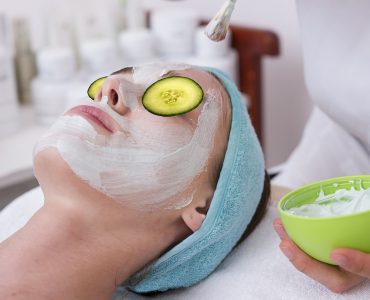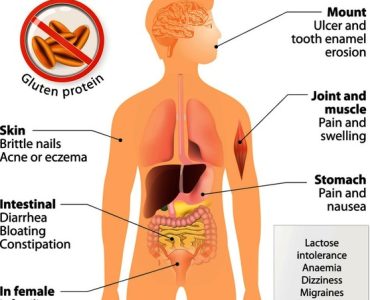Eczema and dermatitis are terms often used interchangeably to describe a range of inflammatory skin conditions characterized by redness, itching, and irritation. Understanding the nuances of these conditions is essential for effective management and treatment. Let’s delve deeper into the world of eczema and dermatitis, exploring their definitions, types, and atopic tendencies.
What is Dermatitis and Eczema?

Dermatitis and eczema are broad terms that encompass various inflammatory skin disorders. Dermatitis refers to inflammation of the skin, while eczema specifically refers to a group of conditions characterized by dry, itchy skin patches. Both terms are often used interchangeably to describe similar symptoms and conditions.
What is Atopic Tendency?
Atopic tendency, also known as atopy, refers to a genetic predisposition to develop allergic conditions such as eczema, asthma, and allergic rhinitis (hay fever). Individuals with an atopic tendency often have a family history of allergic diseases and may be more susceptible to environmental triggers that exacerbate their symptoms.
What are the 3 Types of Dermatitis?
| Category | Dermatitis | Eczema | Atopic Tendency |
|---|---|---|---|
| Symptoms | Redness, itching, inflammation | Dry, itchy skin patches, inflammation | Allergic conditions, eczema, asthma |
| Duration | Acute or chronic | Chronic | Chronic |
| Triggers | Allergens, irritants, environmental | Allergens, irritants, stress | Genetic predisposition, environmental |
| Types | Contact dermatitis, seborrheic | Atopic dermatitis, contact dermatitis | Asthma, allergic rhinitis, eczema |
| Treatment | Topical corticosteroids, antihistamines | Moisturizers, topical steroids | Avoiding triggers, medications, therapies |
| Management | Avoiding triggers, lifestyle changes | Moisturizing, avoiding triggers | Allergen avoidance, immunotherapy |
- Atopic Dermatitis (Eczema): Atopic dermatitis is the most common form of eczema, characterized by red, inflamed skin patches that are intensely itchy. It often occurs in individuals with a family history of allergic diseases and is associated with immune system dysfunction and skin barrier abnormalities.
- Contact Dermatitis: Contact dermatitis occurs when the skin comes into contact with irritants or allergens, leading to localized inflammation and irritation. Common triggers include soaps, detergents, cosmetics, and certain metals such as nickel.
- Seborrheic Dermatitis: Seborrheic dermatitis is a chronic inflammatory condition that primarily affects areas of the skin rich in sebaceous glands, such as the scalp, face, and chest. It is characterized by redness, scaling, and greasy or crusty patches of skin.
Eczema Symptoms
| Timeline | Eczema Symptoms |
|---|---|
| Infancy | – Red, dry, and itchy patches on the cheeks and scalp |
| – Crusting and oozing of the affected areas | |
| – Worsening of symptoms with heat and sweat | |
| Childhood | – Rash may appear on the elbows, knees, wrists, ankles |
| (2-6 years) | – Intense itching, leading to scratching and skin thickening |
| – Rash may become scaly, thick, and leathery | |
| Adolescence | – Rash may spread to other parts of the body |
| (6-12 years) | – Increased sensitivity to environmental triggers |
| – Emotional impact due to appearance of the skin | |
| Adulthood | – Rash may persist or improve with age |
| (12 years onwards) | – Flare-ups triggered by stress, allergens, or irritants |
| – Skin may become more prone to infections |
Is eczema the same as dermatitis?
Yes, eczema and dermatitis are often used interchangeably to refer to the same skin condition. Eczema is a general term for a group of conditions that cause inflammation or irritation of the skin. Dermatitis specifically refers to inflammation of the skin.
How do you get eczema dermatitis?
Eczema dermatitis can develop due to a combination of factors, including genetics, environmental triggers, and immune system dysfunction. Common triggers include allergens, irritants, certain foods, stress, and hormonal changes.
What is the main cause of eczema?
The exact cause of eczema is not fully understood, but it is believed to involve a combination of genetic and environmental factors. People with eczema often have a family history of allergic conditions, such as asthma or hay fever. Environmental factors, such as exposure to allergens, irritants, and certain foods, can also trigger or worsen eczema symptoms.
How can eczema be cured?
Currently, there is no known cure for eczema. However, treatment aims to manage symptoms and prevent flare-ups. This may include using moisturizers to keep the skin hydrated, avoiding triggers, such as certain foods or irritants, and using topical corticosteroids or other medications to reduce inflammation and itching. In severe cases, phototherapy or systemic medications may be prescribed by a healthcare professional. It’s essential to work closely with a dermatologist to develop a personalized treatment plan for managing eczema symptoms.
Treatment and Management
Treatment for eczema and dermatitis typically focuses on alleviating symptoms, reducing inflammation, and preventing flare-ups. This may include:
- Topical Corticosteroids: Prescription or over-the-counter corticosteroid creams or ointments can help reduce inflammation and itching.
- Emollients and Moisturizers: Regular use of moisturizers helps hydrate the skin and restore the skin barrier function.
- Avoiding Triggers: Identifying and avoiding triggers such as harsh soaps, allergens, and irritants can help prevent flare-ups.
- Antihistamines: Oral antihistamines may be prescribed to help relieve itching and discomfort.
- Phototherapy: In some cases, exposure to ultraviolet (UV) light under medical supervision may help improve symptoms.
In conclusion, eczema and dermatitis encompass a spectrum of inflammatory skin conditions that can significantly impact quality of life. By understanding the causes, types, and treatment options available, individuals with eczema and dermatitis can effectively manage their symptoms and enjoy healthier, more comfortable skin.





